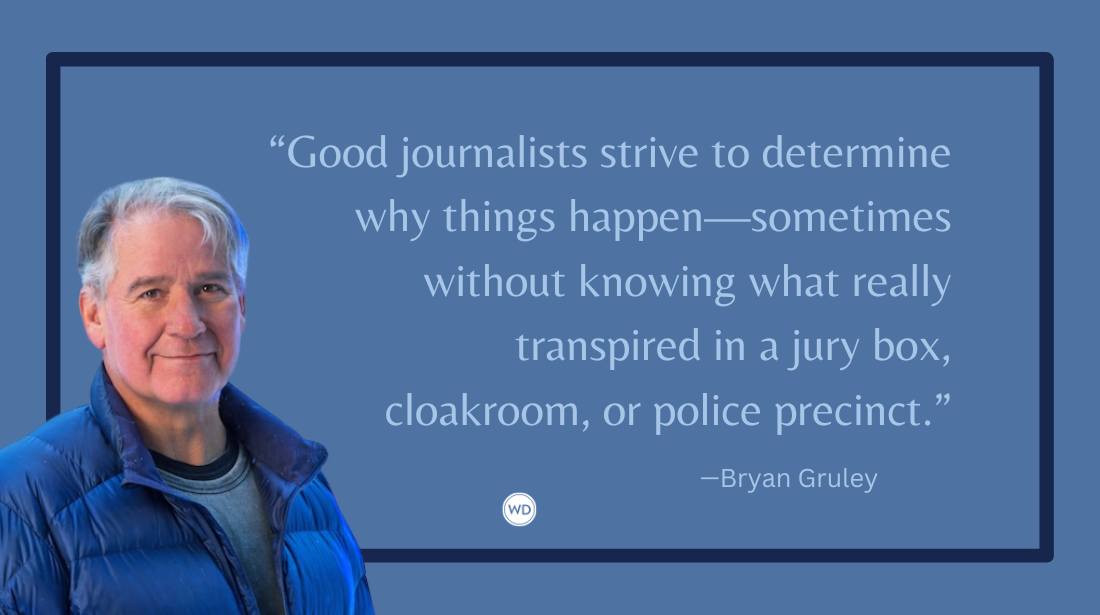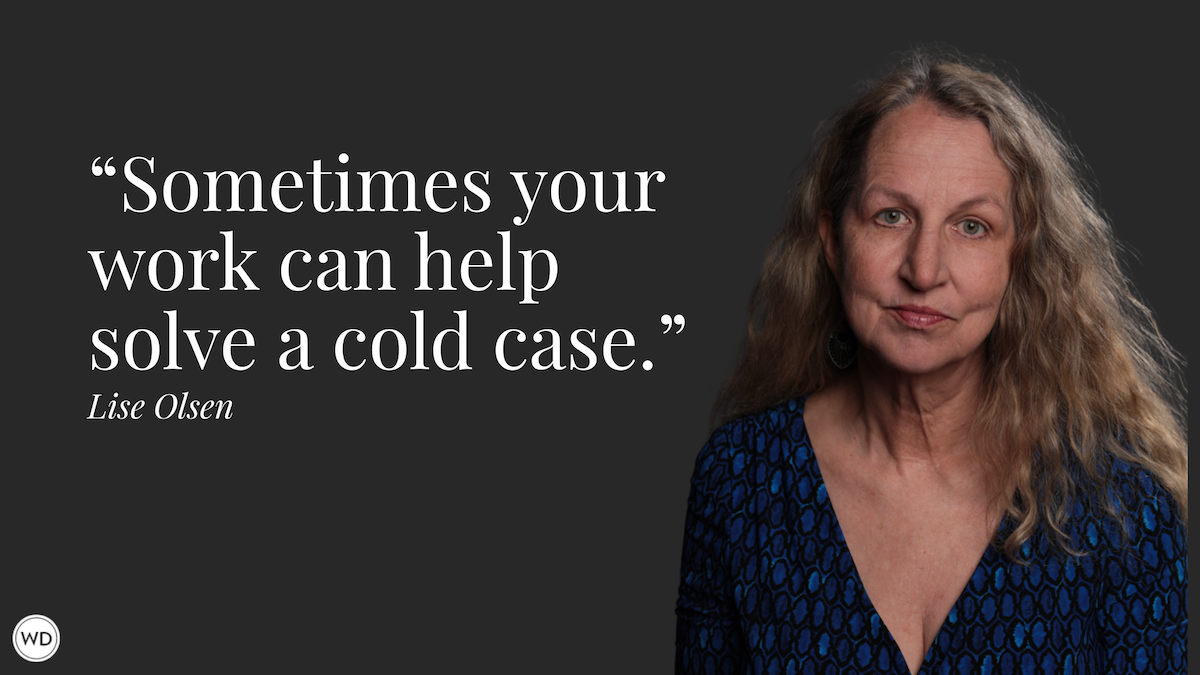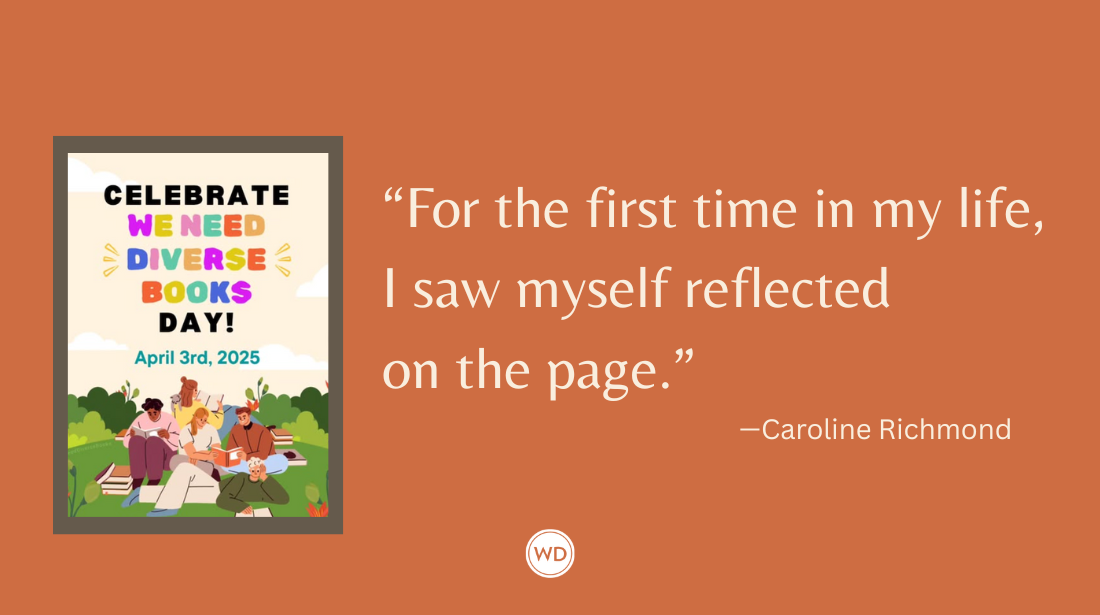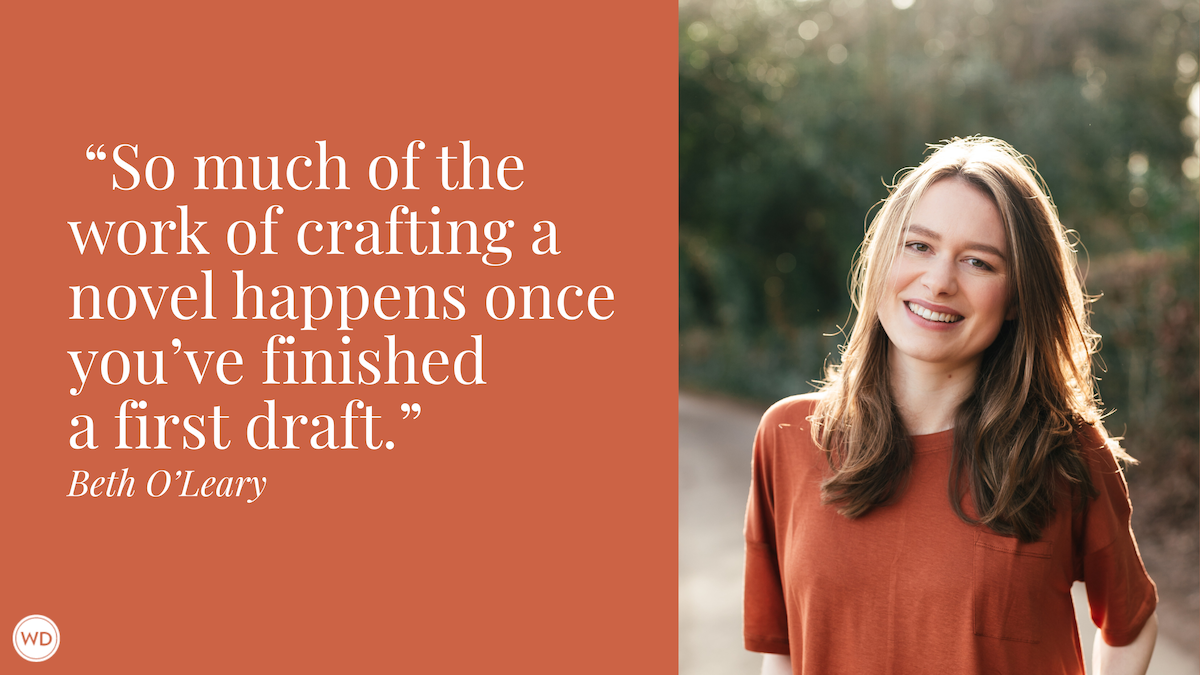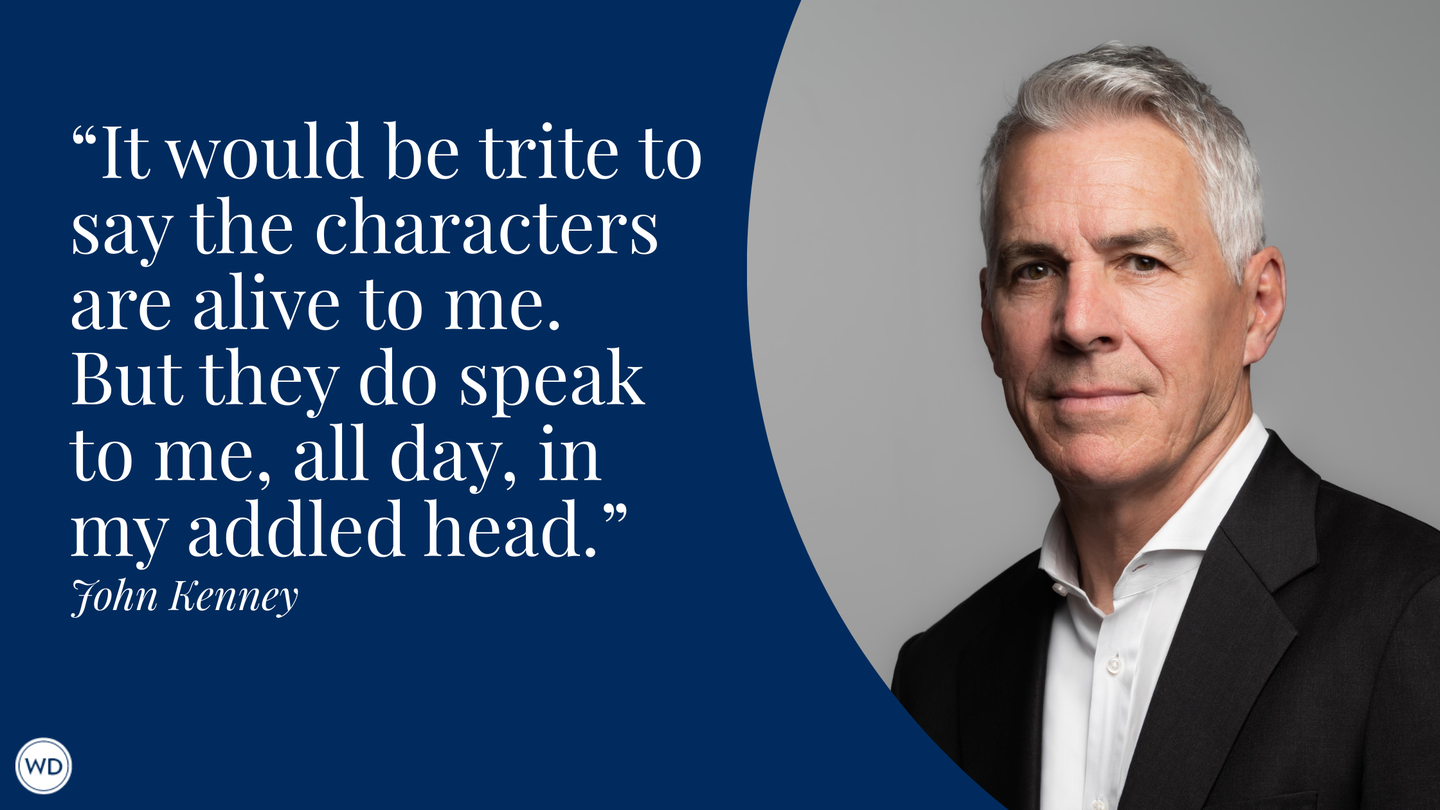Layla AlAmmar: On Reading Outside Our Comfort Zones
Novelist Layla AlAmmar talks about the importance of reading outside our comfort zones and how the Arab Spring inspired her book Silence Is a Sense.
Name (byline): Layla AlAmmar
Literary agent (if one): Melissa Edwards
Book title: Silence Is a Sense
Publisher: Algonquin Books
Expected release date: 03/16/2021
Genre/category: Literary fiction
Elevator pitch for the book (1-2 sentence pitch): Silence Is a Sense is the story of a young Syrian refugee who has been traumatized into muteness by the failure of the Arab Spring in her homeland as well as her journey to Britain. Watching from the window of her apartment, she is slowly drawn into the lives of her neighbors and a community grappling with the rise of Islamophobia.
Order your copy of Silence Is a Sense.
[WD uses affiliate links.]
Previous titles (if any) by the author: The Pact We Made (Borough Press, 2019)
What prompted you to write this book?
I’m from Kuwait and, like most people living in the Arab world in 2011, I followed the events of the Arab Spring very closely. From Tunisia and Egypt and Algeria and up into the Levant, the series of revolutions captured everyone’s attention. When the situation in Syria rapidly broke down into civil war and the refugee crisis ensued, I followed the developments with increasing distress. During that time I did a great deal of research and reading on the refugee crisis, the rise of alt-right rhetoric and Islamophobia, and eventually this story demanded to be told.
How long did it take to go from idea to publication? And did the idea change during the process?
I had been immersed in the issues that form the backbone to this story over the last decade. However, I only began writing the novel in the summer of 2017, and it took about four months to write the first draft. Going through revisions with my editors and agent helped refine some ideas and supplement some issues which a non-Arab audience might be less familiar (or unfamiliar) with. The end result is enriched by this process, but the idea itself didn’t change.
Were there any surprises or learning moments in the publishing process for this title?
My first book was published in the U.K. in 2019 and so I would say that surprises were similar to when my debut came out, which is that the themes or issues people pick up in the U.S. and U.K. are not things that readers from my part of the world focus on. In the U.S./U.K., the female protagonist’s pain is emphasized, or her desire to escape her situation, or her relationships with the men in her life. Additionally, my Arab-ness or Muslim-ness is highlighted, when those aren’t necessarily at the forefront of my mind when I write or respond to things. I suppose what I’m saying is that it’s always a surprise to be confronted with the ways others see you, or how they see you as Other, and to try and negotiate that fissure.
Were there any surprises in the writing process for this book?
The first draft of this book took four months to write and, really, seemed to just pour out me in a very unconscious way. I felt compelled to write this story and was gripped by the person of my main character in ways that were uncomfortable at times. I descended into some pretty dark spaces in my mind as I was writing this, which surprised me as the context is further from my history than that of my first book, which was set in Kuwait.
What do you hope readers will get out of your book?
I hope readers will feel curious to find out more about the events of the Arab Spring and the horrifying displacement that followed in the form of the refugee crisis. Some 6 million Syrians were forced to leave the country when it descended into civil war, with a further 6 million displaced within the country. It is, alongside the abominable situation in Yemen, one of the worst humanitarian crises of our time. It’s my hope that this book spurs the reader to consider experiences and realities far outside their own, to find a human commonality, a sense of affinity and empathy.
If you could share one piece of advice with other authors, what would it be?
We can sometimes be blinded by our own well of experiences, and we can also find ourselves immersed in a limited pool of books or authors we like to read. So I think it’s important to surprise ourselves every once in a while by reading things far outside our comfort zones. It takes conscious effort to do this—and do it properly. in other words, don’t just read one book by an Arab or Muslim, for example, and think you’re set. It’s important to really expand our horizons in order to gain an understanding of what stories are out there and how they’re being told. It can only enrich us in our own writing.
About Amy Jones
Amy Jones is the Editor-in-Chief of Writer’s Digest and was the managing content director for WD Books. She is the editor of the Novel and Short Story Writer's Market and Children's Writer's and Illustrator's Market. Prior to joining the WD team, Amy was the managing editor for North Light Books and IMPACT Books. Like most WD staffers, Amy is a voracious reader and has a particular interest in literary fiction, historical fiction, steamy romance, and page-turning mysteries. When she’s not reading, Amy can be found daydreaming about Italy or volunteering at her local no-kill cat shelter. Find Amy on Twitter @AmyMJones_5.



